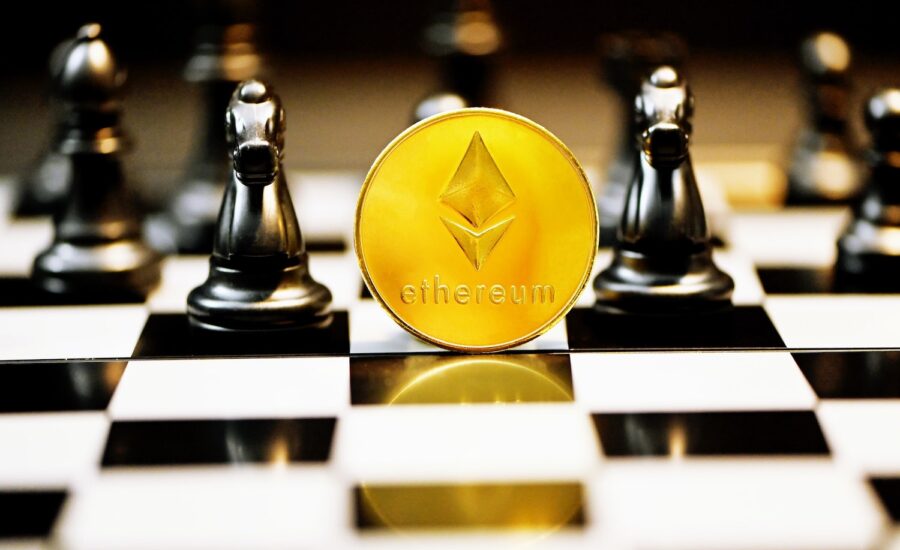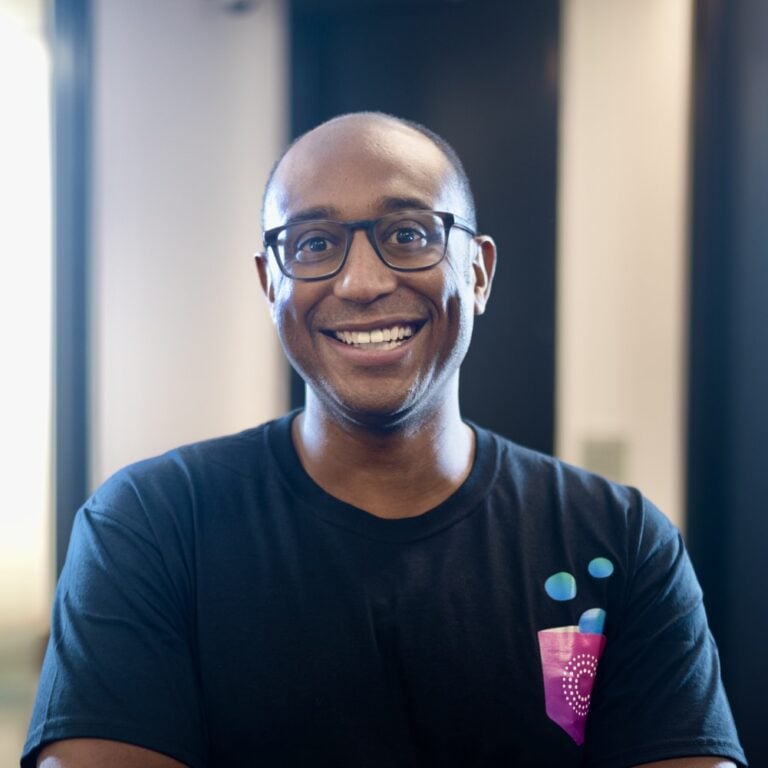What investors should know about Ethereum (ETH)
Sponsored By
CoinSmart
The world’s second-largest crypto coin has features and functionality that bitcoin doesn’t. Crypto expert Jeremy Koven explains the differences.
Advertisement
Sponsored By
CoinSmart
The world’s second-largest crypto coin has features and functionality that bitcoin doesn’t. Crypto expert Jeremy Koven explains the differences.

Hi, what can you tell me about Ethereum’s cryptocurrency? As well as a company called Forsage.
—Bruce
Let’s start with the second part of your question, Bruce. To be honest, this is the first time I have read about Forsage. It’s calling itself a “decentralized networking platform.” It seems interesting, so thank you for bringing this to my attention.
Now, to your first question.
As you may already know, Ethereum’s ETH is the second-largest cryptocurrency in the world, after bitcoin (BTC). What is unique about ETH, and why would investors consider buying it instead of BTC?
Well, if the Bitcoin platform is all about peer-to-peer digital gold, Ethereum will be the decentralized internet of the future. It is a programmable blockchain—a distributed digital ledger—that allows developers to create and host decentralized applications (dApps) that run on code (a.k.a. smart contracts).
So, let’s unpack this for a second.
While bitcoin’s main utility is as a payment coin or as a store of value, its usability is purposefully kept very limited. Ethereum, on the other hand, has a programmable blockchain where anyone can run their smart contracts.
The contracts are executed by a decentralized network of miners/validators. When called upon, these miners use their own resources (hardware, time and electricity) to execute the contracts. In return, they earn a reward—called “gas fees”—for their services. Essentially, Ethereum is a decentralized global supercomputer that rents out its resources to execute smart contracts.
What exactly are these decentralized applications? You may be familiar with DeFi (decentralized finance) and NFTs (non-fungible tokens), which have both made headlines in recent years for disrupting traditional methods of banking and certifying authenticity, respectively. DeFi and NFTs are both examples of dApps, and they’re just the beginning of what may be achieved with Ethereum. With further upgrades, we can possibly run a decentralized World of Warcraft or a decentralized social media platform, for example. However, we are still a long way off from that.
Watch: Should you invest in ethereum?Nowadays, you will probably see Ethereum on various news media platforms due to its upcoming Merge event. I’ll give you a quick overview of that.
Any decentralized network needs to follow a formal set of methods to make any decision within the ecosystem. This formal process is called a “consensus mechanism.” Currently, Ethereum follows proof-of-work (PoW), the same mining mechanism as Bitcoin. PoW is very secure. However, it is very wasteful resource-wise. The Merge will evolve Ethereum from PoW to PoS (proof-of-stake), a virtual mining process that doesn’t use any real-world resources. As a result, it is cleaner and exponentially more environmentally friendly.
The Merge has been delayed several times, but it’s expected to happen before the end of 2022—so stay tuned for more Ethereum news!

Jeremy Koven is the Chief Operating Officer and a co-founder of CoinSmart, a Canadian cryptocurrency trading platform. Sign up for an account* with the code money30 and receive CAD$30 in bitcoin when you deposit a minimum of CAD$100.
This is a paid post that is informative but also may feature a client’s product or service. These posts are written, edited and produced by MoneySense with assigned freelancers.
Affiliate (monetized) links can sometimes result in a payment to MoneySense (owned by Ratehub Inc.), which helps our website stay free to our users. If a link has an asterisk (*) or is labelled as “Featured,” it is an affiliate link. If a link is labelled as “Sponsored,” it is a paid placement, which may or may not have an affiliate link. Our editorial content will never be influenced by these links. We are committed to looking at all available products in the market. Where a product ranks in our article, and whether or not it’s included in the first place, is never driven by compensation. For more details, read our MoneySense Monetization policy.
Share this article Share on Facebook Share on Twitter Share on Linkedin Share on Reddit Share on Email